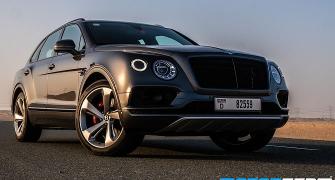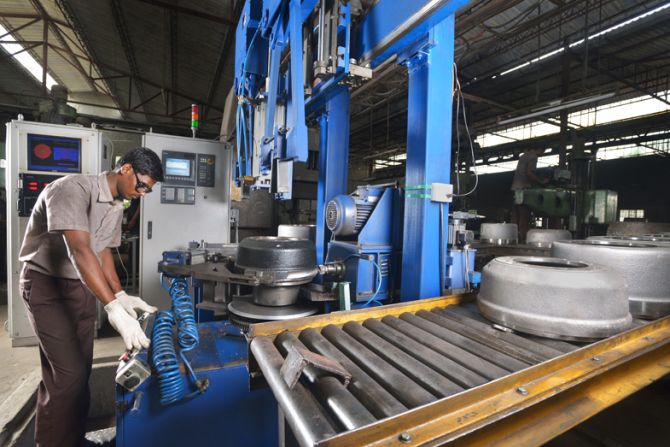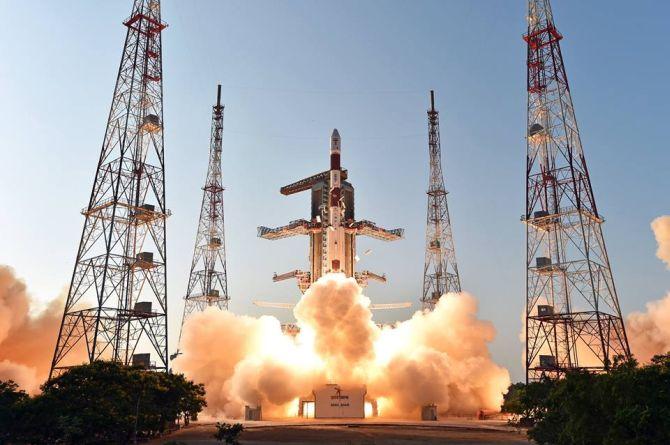Several carmakers, including car market leader Maruti Suzuki India pulled the plug on diesel models citing higher costs for BSVI variants leaving buyers with limited options.

Sales of diesel models for passenger vehicle makers are continuing the downhill trend as car buyers in India increasingly veer towards gasoline - driven models following a narrowing price gap between the two fuels.
Analysts expect the ratio between petrol and diesel to get skewed further in favour of petrol.
A deregulation in prices of diesel from October 2014 has led to structural reduction in the price gap of diesel and petrol.
The gap narrowed from a historic high of Rs 32 per liter in June 12 (pre-deregulation) and Rs 21/liter in July 2015 (post-deregulation) to an average Rs 7/liter in FY20, according to a recent Motilal Oswal research report.
“With the double whammy of increase in initial cost of ownership for BS6 diesel vehicles as well as no material pricing advantage of diesel, it could further lead to a reduction in share of diesel vehicles.
"Under BSVI, at current diesel prices, payback period would be 8.5-9.5 years to recover the higher initial cost of ownership,” wrote Jinesh Gandhi and Vipul Agrawal in the June 24 report.
Tarun Garg, director sales and marketing at Hyundai Motor India remains unruffled with the narrowing gap.
“It’s not the fuel price alone that determines the purchasing decision. A superior torque and fuel efficiency are big drivers,” said Garg, citing the healthy booking trends the company has seen for its diesel models.
Bookings for the diesel variants of its Creta, Venue and Verna models have seen a month on month increase.
While Creta bookings have touched 59 per cent in June from 53 per cent in May, Venue has increased from 32 to 37 and Verna from 28 to 32 per cent in the same period, said Garg.
He also attributes the uptick in bookings to a pent up demand for BSVI diesel models.
Several carmakers, including car market leader Maruti Suzuki India pulled the plug on diesel models citing higher costs for BSVI variants leaving buyers with limited options.
Shashank Srivastav, executive director at Maruti Suzuki said with the reducing gap, he expects diesel model share shrink further.
The economic logic for buying a diesel car no longer exists.” The maintenance costs for diesel car is higher than diesel and one will take longer to recover the initial costs, he said.
Garg, his peer at Hyundai, disagrees, pointing out that a superior fuel efficiency of 30 per cent which diesel cars offer makes them a lot more viable than gasoline even with the reduced price gap.
The minimum difference between a BSVI diesel and petrol variant is Rs120,000.
Share of diesel as percentage in overall car sales has come down to 17 per cent in March quarter from 20 per cent in whole of Fy20, he said.
Meanwhile, most of the other manufacturers have seen share of diesel dwindle.
Tata Motors which had predominant diesel portfolio till recently has seen sales of its Nexon diesel taper off year-on-year to 20 per cent in June from 30 per cent last year, said an official at the company.
None of the other models of Tata Motors have both diesel and petrol.
Veejay Nakra, chief executive officer, automotive division at Mahindra and Mahindra said, “While Delhi has traditionally been petrol driven market, it is too early to comment on the petrol-diesel mix for the rest of India.”
The company hasn’t seen any impact on the sales mix since for larger SUVs and the demand still continues to be predominantly diesel-driven.
The only exception being the XUV300, for which gasoline variants now account for half of total sales. Going ahead, Mahindra has plans to launch an entire range of petrol engines, he said.
Kia Motors, the latest entrant in the market too has seen its sales of its Seltos come down month on month.
It has come down to 40 per cent in May from 55 per cent in March, said a company spokesperson.
Photograph: Courtesy, Kia Motors










